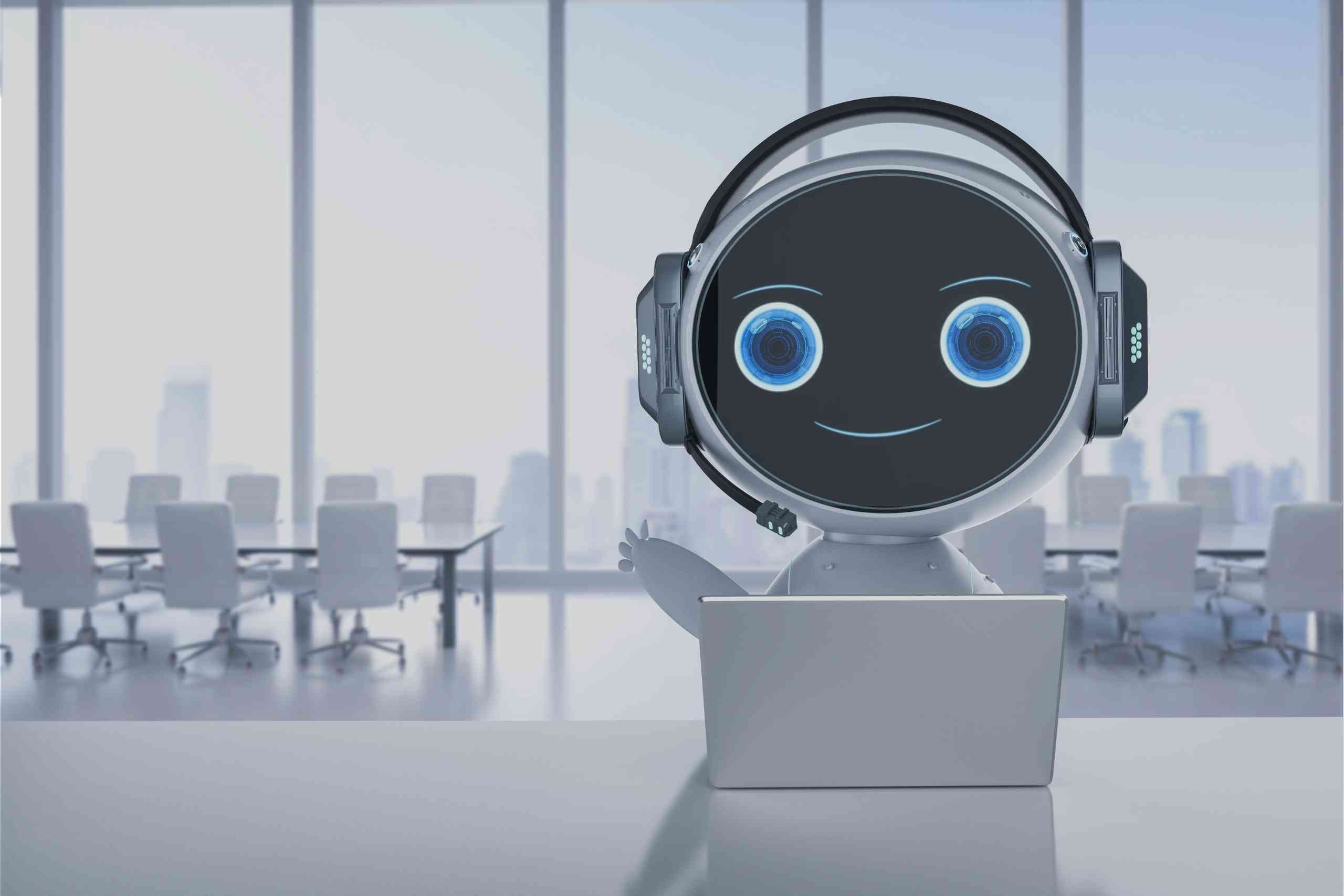The Future of Work: How Automation And Ai are Changing the Job Market
Automation and AI are transforming the job market by introducing new efficiencies and creating different types of jobs. These technologies are reshaping industries and redefining work roles.
The future of work is rapidly evolving due to automation and AI. These advancements are not just replacing routine tasks but are also creating new job opportunities. Businesses are leveraging AI to enhance productivity and streamline operations. Workers now need to adapt to this changing landscape by acquiring new skills.
Emphasis on continuous learning and adaptability will be crucial. Companies are investing in upskilling their workforce to stay competitive. The integration of AI in various sectors promises innovation and growth, making it essential for employees to embrace these changes.
Rise Of Automation
Many traditional jobs are changing due to automation. Machines can do tasks faster and better. This affects jobs in factories and offices. Workers need new skills now. Learning about technology is important. Some jobs may disappear. New jobs will be created too. People must adapt to these changes.
Artificial Intelligence (AI) is a big part of this change. AI can think and learn. Robots can do many tasks humans do. Self-driving cars are an example. These technologies will create new types of jobs. People need to be ready for these new opportunities. Education and training will be key. The job market will look very different soon.
Ai In The Workplace
AI-powered tools help people do their jobs better. These tools make work faster and easier. They help with tasks like data entry and scheduling. Many companies use AI for customer service. Chatbots answer questions quickly.
AI can also help in making decisions. It analyzes data to find patterns. This helps companies know what to do next. AI tools can even predict what might happen in the future. This way, companies can plan better.
AI makes work more efficient. It reduces the time needed to finish tasks. People can focus on more important work. AI also increases productivity. More work gets done in less time.
Automated systems work without breaks. They can operate 24/7. This means continuous work. Human workers can get more done with AI help. This leads to better results and more success.
Shifting Job Roles
Automation and AI are changing jobs. Workers need new skills to stay relevant. Technical skills like coding are in demand. Soft skills like problem-solving are also needed. Companies are looking for workers who can adapt quickly. Staying updated with industry trends is important. Learning continuously helps in keeping up.
Changing careers can be tough. Upskilling is a great way to transition. Online courses can help learn new skills. Networking with industry experts is useful. Internships provide hands-on experience. Mentorship can guide through the process. Setting clear goals is important for success. Small steps can lead to big changes.
Economic Implications
Automation and AI are changing the job market quickly. Many jobs are becoming automated. Robots and AI can do tasks faster and better. This can lead to job losses. But new jobs are also created. People need to learn new skills to get these jobs. Technology is creating jobs in different fields. AI specialists and robot engineers are in high demand. Many companies are investing in AI technology. This trend will continue to grow.
AI and automation can lead to income inequality. High-skill workers may earn more. Low-skill workers may lose their jobs. This can create a bigger gap between rich and poor. Companies may save money by using robots. But workers may face challenges. Training programs can help people learn new skills. Governments and companies need to work together. This can help reduce income inequality.
Education And Training
Learning never stops. Automation and AI are changing jobs fast. People need to learn new skills often. This is called lifelong learning. It helps people stay ready for new jobs. Online courses and workshops make it easier. They offer flexible learning options. Employers also support lifelong learning. They provide training programs for their employees. This helps them stay competitive.
Vocational training is very important. It teaches specific skills for a job. Many jobs need these skills. Automation and AI create new job roles. Vocational training helps people learn these new roles. Schools and colleges offer these programs. They focus on practical skills. This training is faster than traditional education. It helps people get jobs quickly. Companies also offer on-the-job training. This helps employees learn while working.
Ethical Considerations
Automation will change many jobs. Some people might lose their jobs. Robots and AI can do tasks faster and cheaper. This can make some jobs obsolete. Companies might not need as many workers. This can be hard for families. People will need to learn new skills. Training and education will be very important. Governments and businesses need to help workers. They must find ways to support them. They should also create new job opportunities. It is important to think about the impact on society. Everyone should benefit from new technologies.
AI governance is very important. Rules and guidelines are needed. This can help keep AI safe and fair. Experts need to work together. They must create standards for AI use. This will protect people’s rights. It will also ensure transparency and accountability. Organizations should be open about their AI systems. People should know how AI makes decisions. This can build trust. Governments should create laws for AI. These laws should protect everyone. Fairness and ethics are key points. AI should be used for the good of all. It should not harm people or take away their rights.
Conclusion
Automation and AI are redefining job roles and market dynamics. Adapting to these changes is crucial for future success. Embrace continuous learning and skill development. Stay informed about emerging trends to remain competitive. The future of work promises exciting opportunities for those prepared to innovate and evolve.







